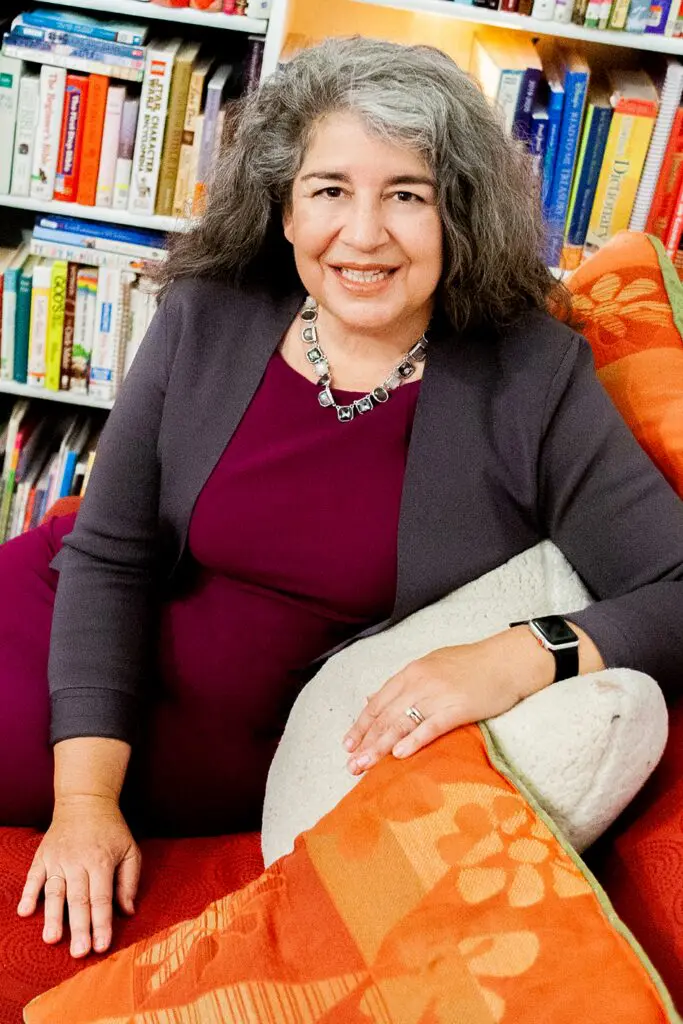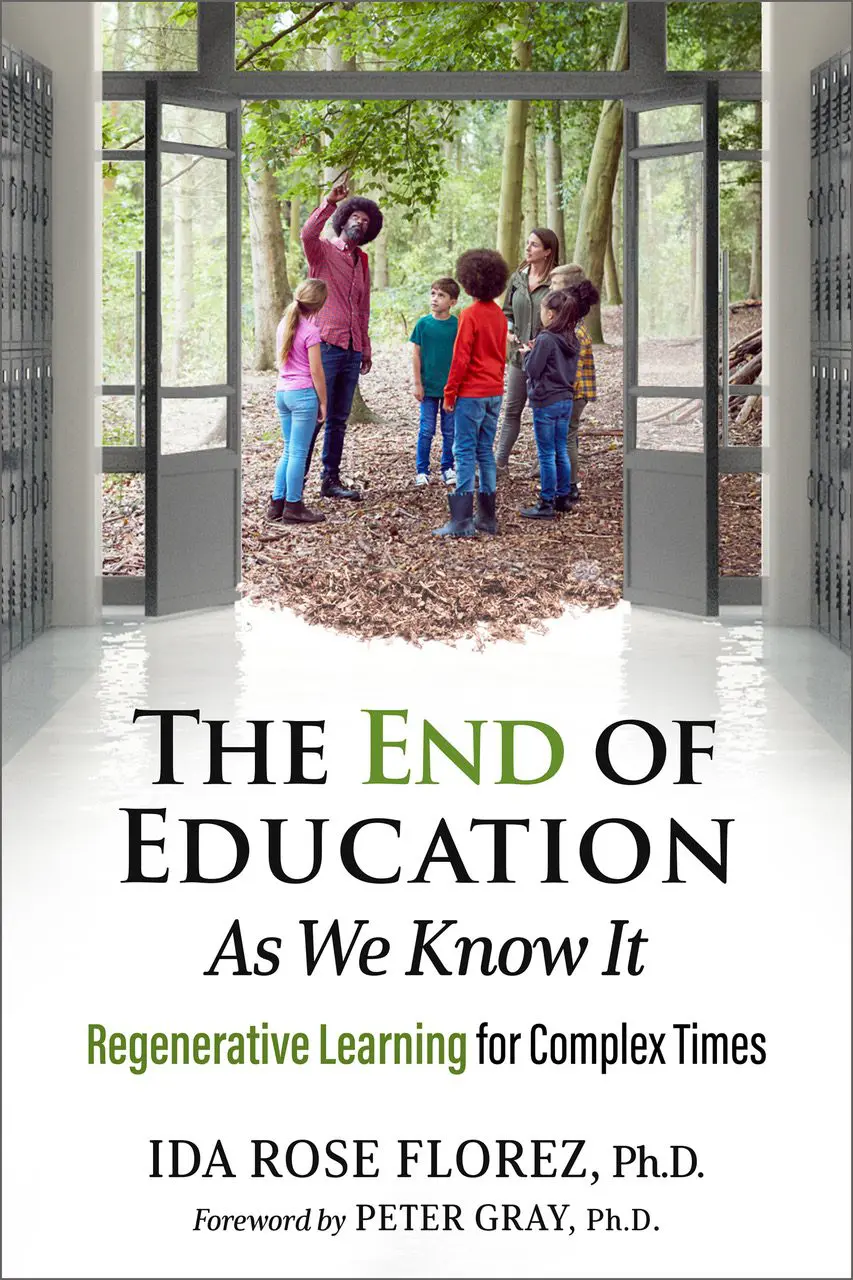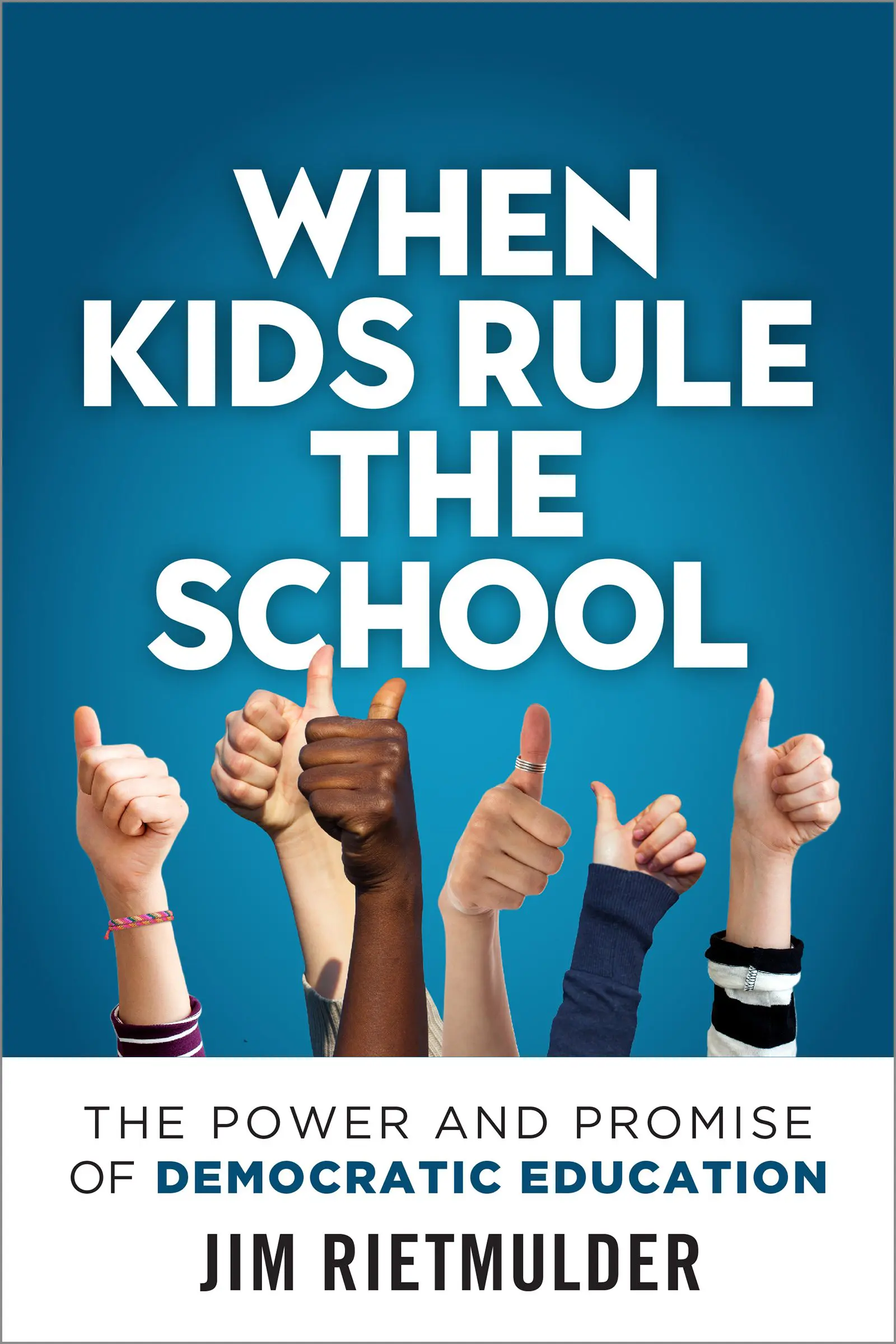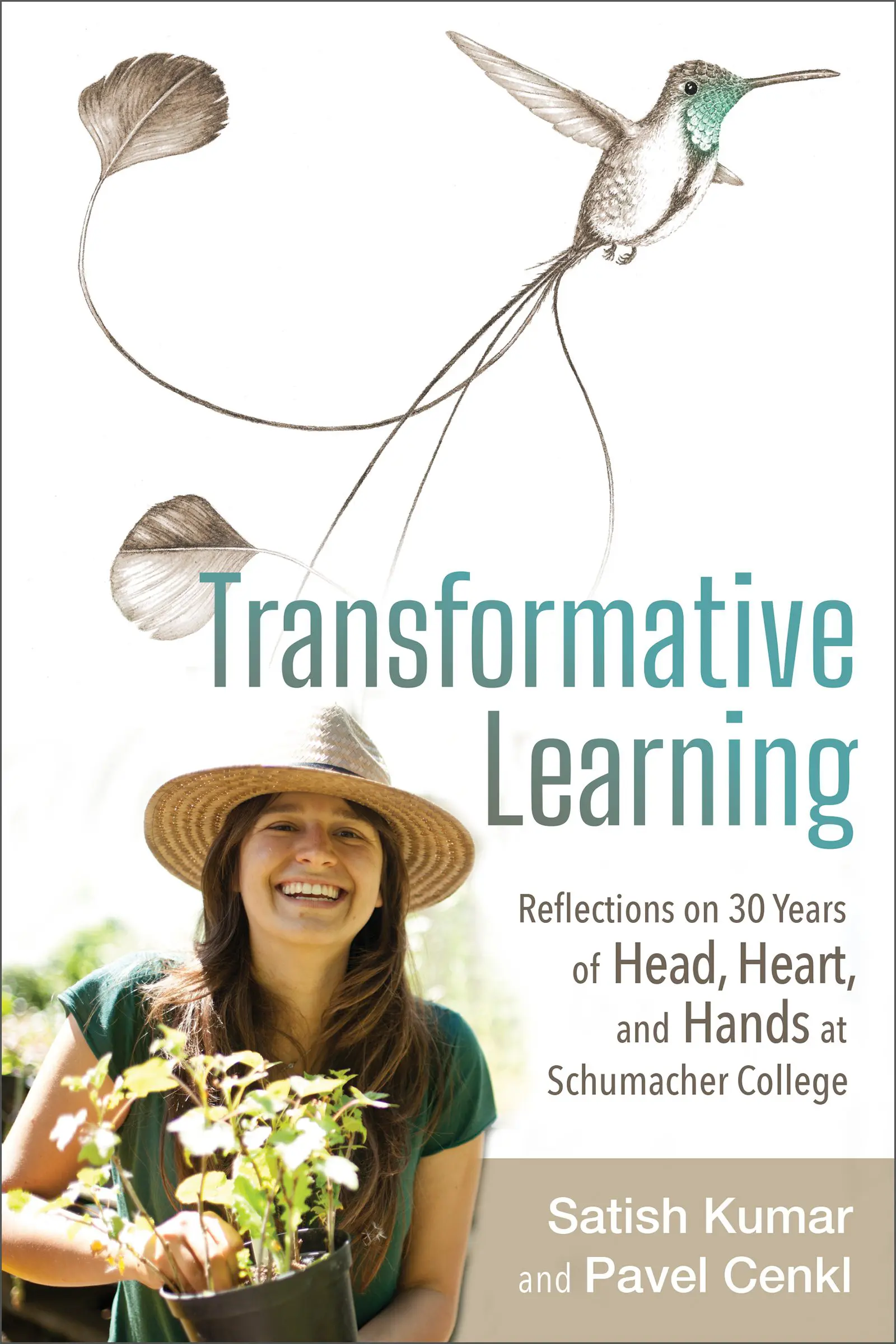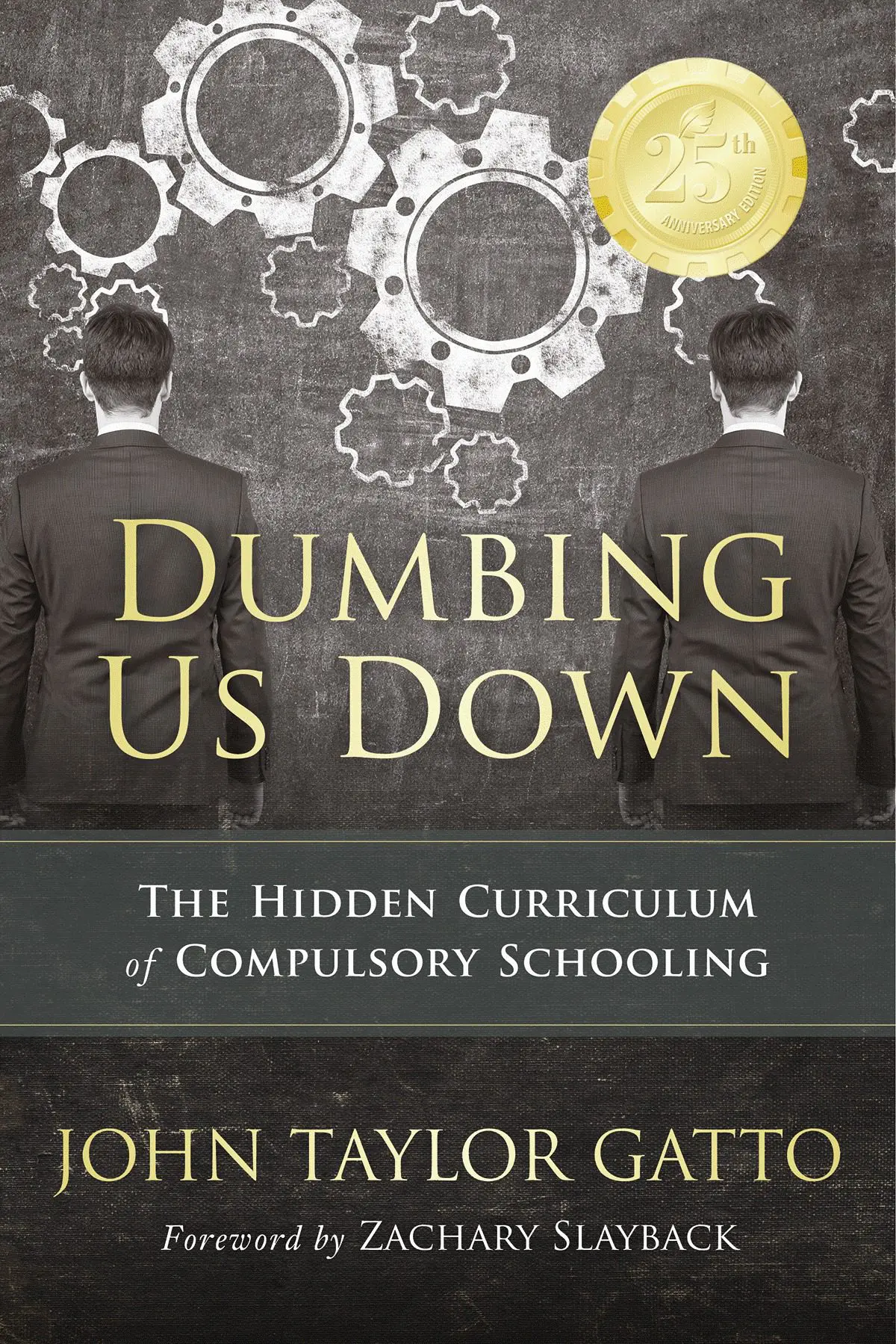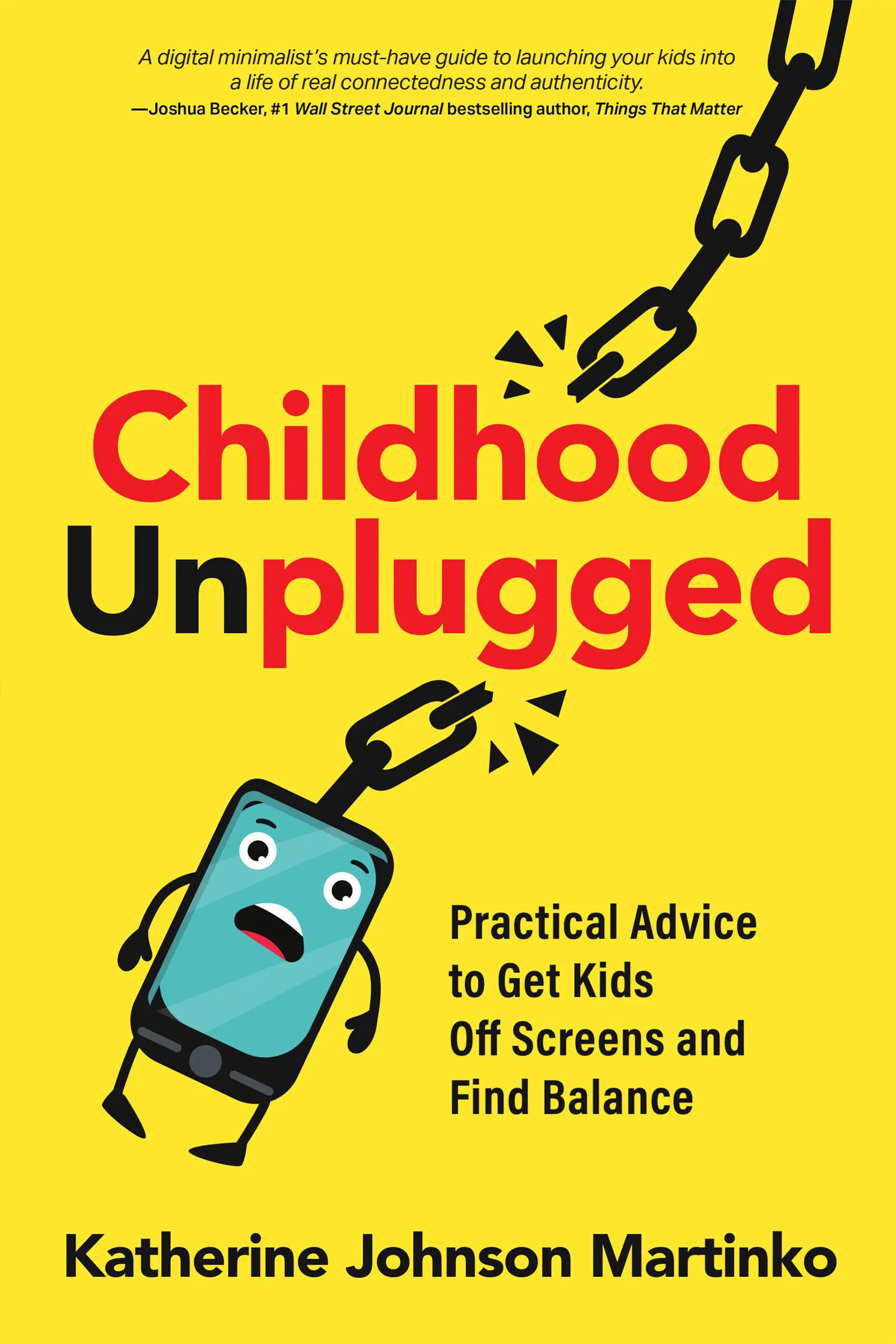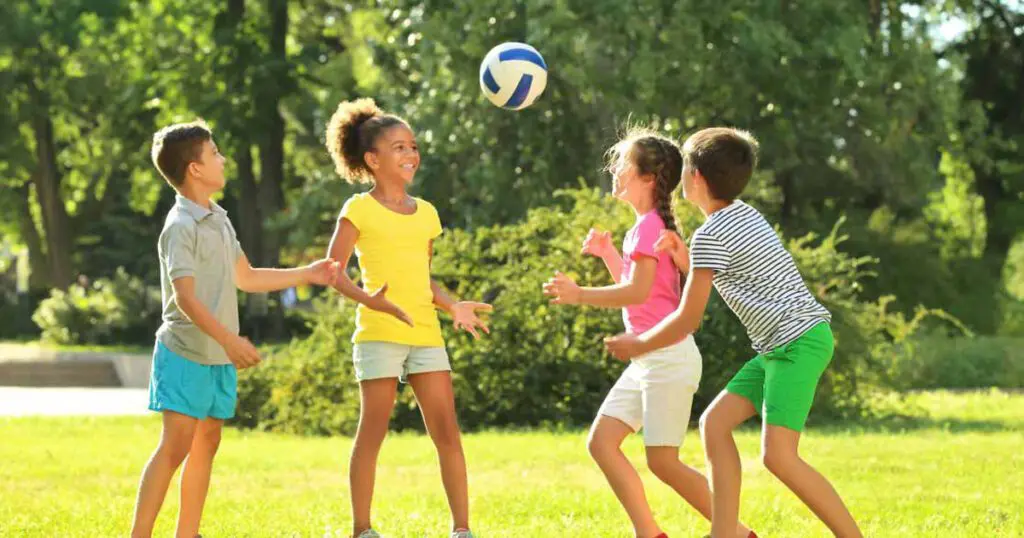
Submitted by Ida Rose Florez, Ph.D.
In this inspiring and thought-provoking post, Ida Rose Florez—author of The End of Education as We Know It—invites us to rethink everything we assume about school. She recalls sitting under a tree, watching kids solve problems together without adult direction, and realizing this was learning at its best. With warmth and clarity, Florez offers five practical steps to help us move beyond outdated, industrial models and spark bold, regenerative ways of thinking about education and community.
Five Ways to New Mindsets about Schools
Ingrained mindsets about education denigrate schools, seeing them as workforce pipelines rather than uplifting them as places that nurture life and teach learners how to revitalize Earth. Lasting educational change will only happen when large numbers of people start questioning deeply held assumptions about education and begin to see how to create whole new ways of doing school. Such profound change isn’t easy. Nearly all adults spent their formative years complying with industrial education. It feels normal. But if we want humane schools that teach people how to regenerate the planet and create communities where everyone thrives, changing our mindsets is the place to begin. Here are five ideas to get you started:
1. Challenge assumptions.
Most adults were educated in industrial schools that taught us to think in mechanistic ways rather than in complexity. Mechanistic assumptions about the way the world works, including how education should work, seeped into our beings without a single penny spent on curriculum. But learning is one of the most complex phenomena on the planet. It doesn’t fit in mechanistic boxes. Our tendency for mechanistic thinking makes it hard to understand learning as complex, which is the very understanding we need to imagine and create regenerative schools. The best way to shake loose mechanistic thinking is to put yourself in situations that disrupt your assumptions. You can go on retreat with people from cultures different from your own or do something as simple as contemplate the ocean or meditate in a forest. Exposure to complex phenomena loosens mechanistic mindsets and opens up new ways of thinking.

2. Question everything.
Examples of what to question about education (to get the ball rolling):
- Do kids really need to be in school over six hours each day?
- Why separate learners by age? Does it help them learn?
- Do grades (A, B, C…) mean anything? If so, what?
- With so much variety in learning needs, why standardize curriculum?
- How are cross-age and cross-generational learning opportunities beneficial?
3. Get involved.
Plop yourself down in the middle of a learning environment. Whether it’s signing up to read at your library’s childhood’s story hour, hosting a scout troop in your garage, or volunteering at a local school, being present in spaces intentionally set aside for learning contextualizes your questions. When you question your assumptions about education, real-life contexts put flesh and bones on abstract ideas. Local nuances shape your questions and grounds them in what’s currently happening in schools, not just in what you remember from childhood.
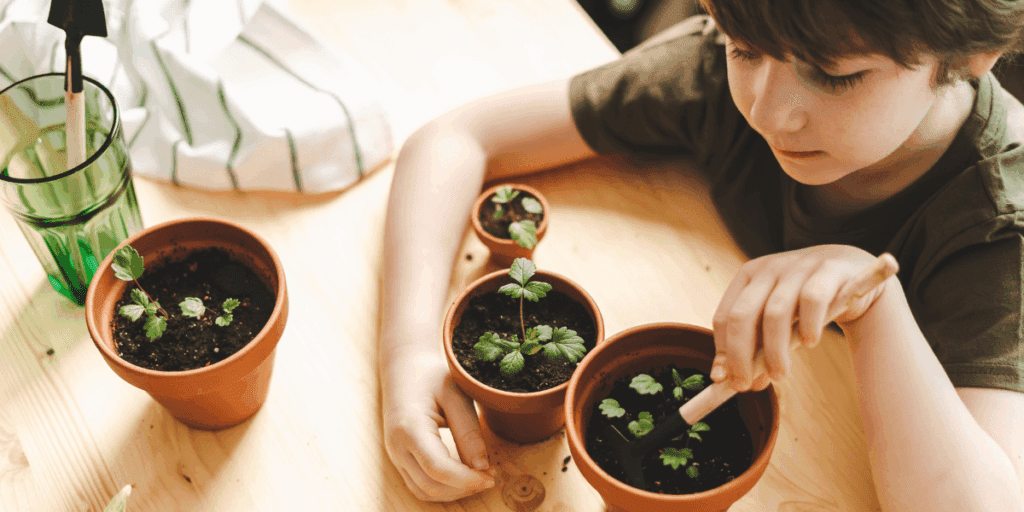
4. Plant seeds.
Literally and figuratively. Growing from seed lets us contemplate the needs of complex systems as they emerge, change, grow, and end. When we observe a plant lifecycle and apply what we learn to people it becomes obvious how wholly unfit industrial education is for raising humans who are passionate about and capable of revitalizing Earth. Witnessing an entire complex system life cycle helps us reckon with the inevitable collapse of education as we know it. Like plants, education systems have a finite lifecycle. At this point in western education’s lifespan, the useful question is not how do we save a system near collapse, but rather what should we plant now for the future?
5. Set conditions for disruptive curiosity.
I offer the first four recommendations in service of the fifth. When it comes to complex systems, we’ve got very little, if any, control. You can’t force a seed to sprout or a child to read. We can’t force schools to change (which is why “reform” doesn’t works). But none of this means we’re powerless. We can set conditions that influence how complex systems behave if we understand complexity. When we plant seeds, we set conditions for growth by planting in nutrient-rich soil and ensuring there is good light and water. When it comes to influencing humans and human systems, we can set conditions for new thinking to emerge. New thinking requires curiosity, especially the kind of curiosity that disrupts our taken-for-granted assumptions. Setting conditions for disruptive curiosity opens space for us to ask new questions and see new ways of doing things. If you want a whole new way of doing school, deliberately challenge your assumptions, question everything about schools, experience learning in real life, and plant seeds. Those actions will set conditions for you to get disruptively curious, the first step toward whole new ways of doing school.

